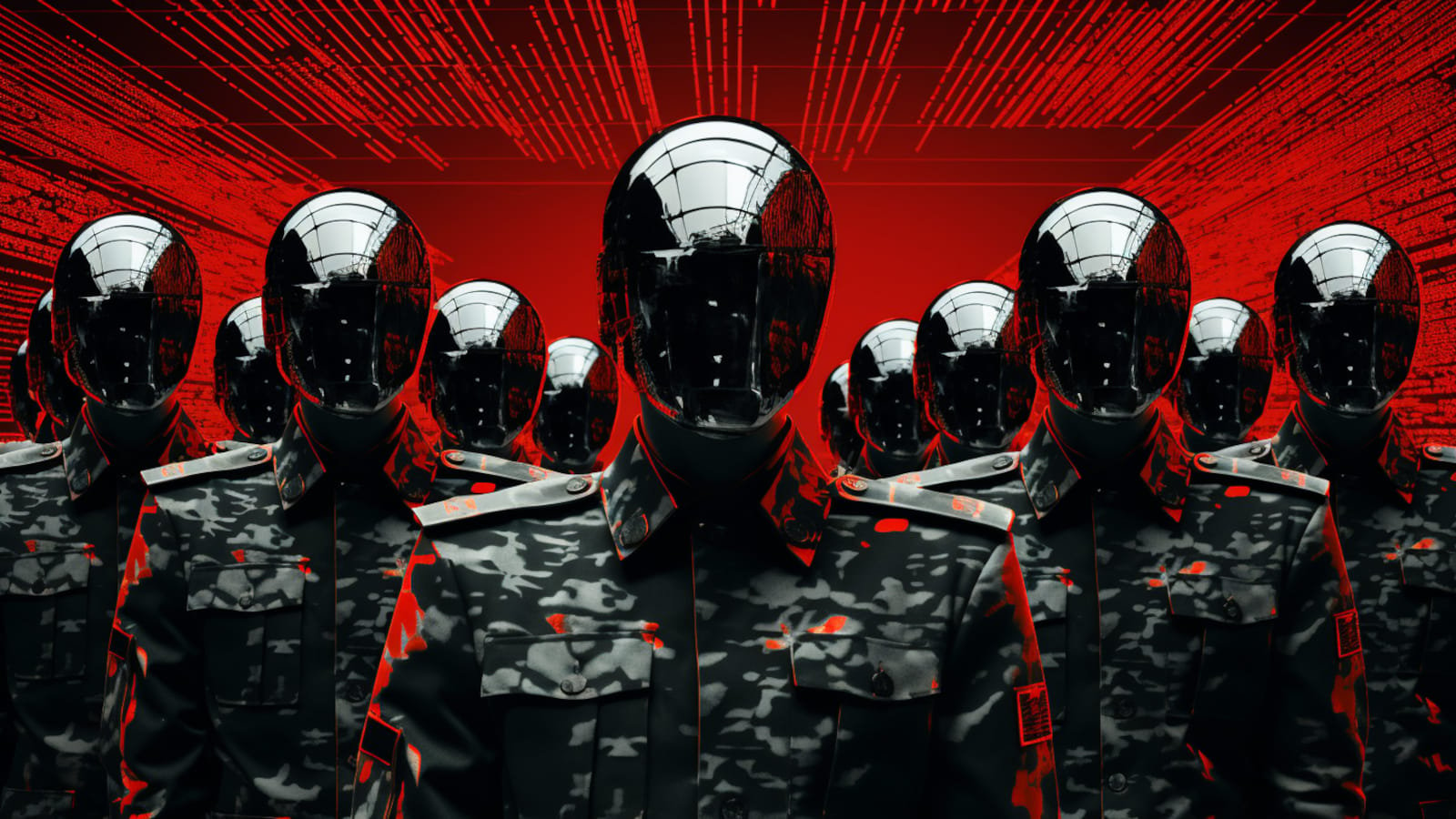
February 19, 2024 at 03:26PM
The BfV and NIS issued a joint advisory warning of cyber-espionage operations by North Korean actors targeting the global defense sector. The attacks focus on stealing military technology and utilizing tactics like supply-chain attacks and social engineering. The advisory provides detailed steps and recommends security measures such as limiting access, using multi-factor authentication, and employee training.
Based on the meeting notes, here are the key takeaways:
1. Cyber-Espionage Operation: Germany’s BfV and South Korea’s NIS have issued a joint advisory warning about ongoing cyber-espionage operations targeting the global defense sector by the North Korean government. These attacks aim to steal advanced military technology information to modernize conventional arms and develop new military capabilities.
2. Attack Tactics: Two specific cases attributed to North Korean actors, including the Lazarus group, were highlighted in the advisory. The first case involved a supply-chain attack, which included tactics such as breaching web server maintenance company, lateral movement on the network, and social engineering via impersonating a security manager.
3. Security Measures: The advisory suggests several security measures to counter these attacks, including limiting IT service providers’ access, closely monitoring access logs, using multi-factor authentication, and adopting strict user authentication policies.
4. Social Engineering: The Lazarus group’s “Operation Dream Job” tactic, known to target employees of cryptocurrency firms and software developers, was also used against the defense sector. This involved creating fake accounts on online job portals and using social engineering to gain trust and deliver malicious files.
Overall, the key recommendations are to educate employees about cyberattack trends, adopt the principle of least privilege, implement strong authentication mechanisms, and provide training on common social engineering tactics. These measures can help improve the security posture against cyber threats.